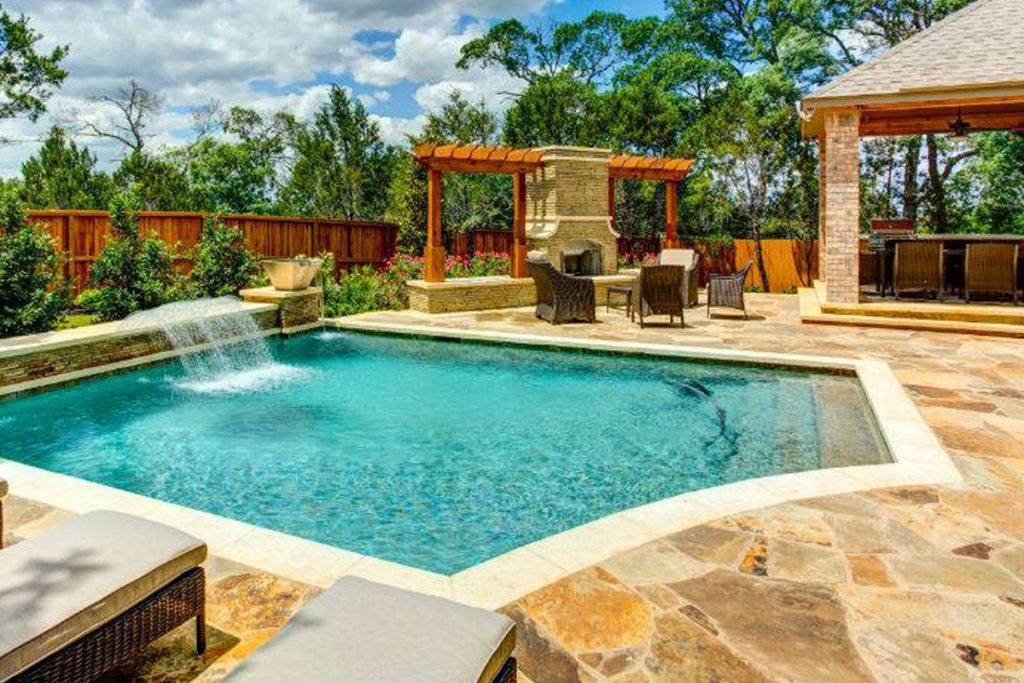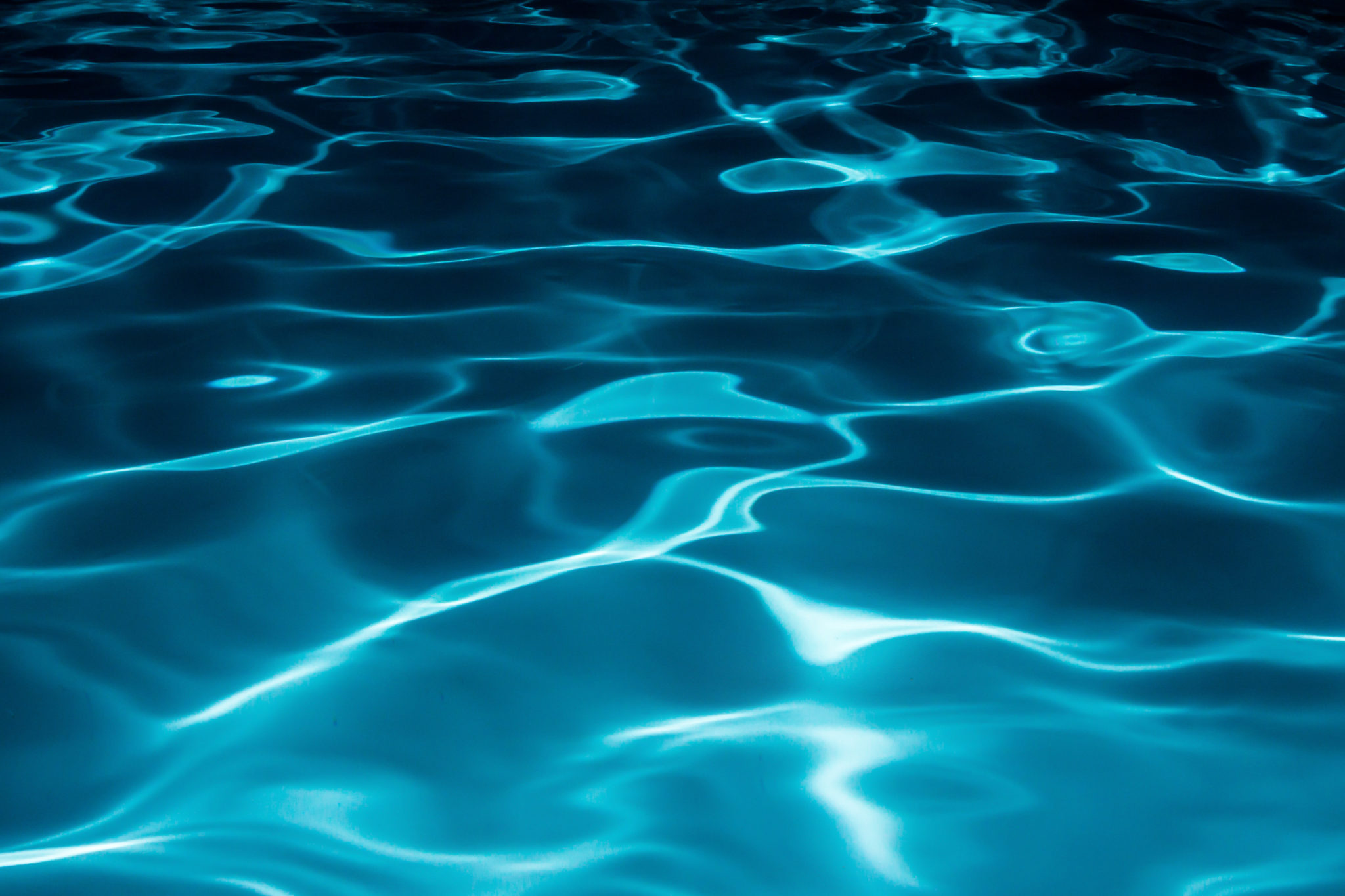
18 Mar Tips to Keep Your Backyard Pool Clean
Instead of waiting for something to go wrong with your pool’s cleaning system, you can practice what’s referred to as preventative maintenance, or maintenance that is proactively performed on an asset with the goal of lessening the likelihood of failure, reducing unexpected downtime, and prolonging its useful life. Basically, everyone wants to get the most out of their investment, that’s why practicing these tips can help you avoid unexpected costs incurred from the life-cycle costs associated with your backyard pool.
Check Pool Chemistry
Your backyard pool can bring you hours of relaxation and enjoyment, but the proper water chemistry is paramount to keeping your pool water clear and clean. The proper balance of your pools water’s pH, total alkalinity, and calcium hardness and the three main factors when it comes to properly balance your pool’s chemistry. You should check your pool’s chemistry 2-3 times per week and add chemicals to properly adjust levels as needed. You should add one chemical at a time or if adding multiple at once, add them to different areas of the pool. Afterward, you should run your pump to help disperse the chemicals. Always test and adjust pool chemicals starting with alkalinity, then pH, and finally calcium.
Maintain Optimal pH Levels
pH measures the acidity or basicity of the pool water. The scale ranges from 0-14 with 7 being neutral. Under 7 the water is classified as acidic, over 7 the water is classified as basic.
Your pool’s pH should be in the range of 7.4 pH to 7.6 pH.
A body of water that is high in pH, or basic, will leave deposits of scum on the liner that coats the pool walls.
A pH of 7.4 will stop scum lines from forming, as well as wiping down the waterline of your pool where scum lines are most prone to forming.
Calcium Hardness
Calcium hardness refers to how soft or hard your pool water is.
The harder your pool water, the higher the concentration of the calcium or magnesium that is present.
The optimal range of calcium hardness to keep your pool at is between 180ppm – 200ppm
The pH of the water directly affects your pool water’s calcium hardness, so you must properly set the pool’s pH before balancing its calcium hardness.
Empty the Skimmer Basket
Keeping your skimmer basket free of debris at all times keeps it working at its best. The purpose of the skimmer basket is to skim the surface of the pool water for debris before they become saturated and sink to the bottom of the pool. You can empty the skimmer basket by opening up the skimmer panel, remove the skimmer basket, and dump out the collected debris.
Clean the Hair and Lint Pot
Depending on how often and how many people use your pool, you will need to clean the hair and lint pot located inside of your pool pump. The hair and lint pot captures what the skimmer basket failed to collect.
Check Your Water Levels
The best way to check if your pool’s water level is too high or low is by checking its level in relation to your pool skimmer or tile. Your pool’s water level needs to be right at the center level of your pool skimmer or tile. The reason your pool’s water level is so important is that if the water’s too high the skimmer door will not work properly and will leave debris in the pool, in contrast, if your pool’s water is too low, it can cause your pump to run dry, causing it to burn up.
As always, if you’d prefer to let the experts handle your pool’s cleaning and maintenance needs, just contact the pros at Warren Pools a call and we’ll be happy to lend a hand.



Sorry, the comment form is closed at this time.